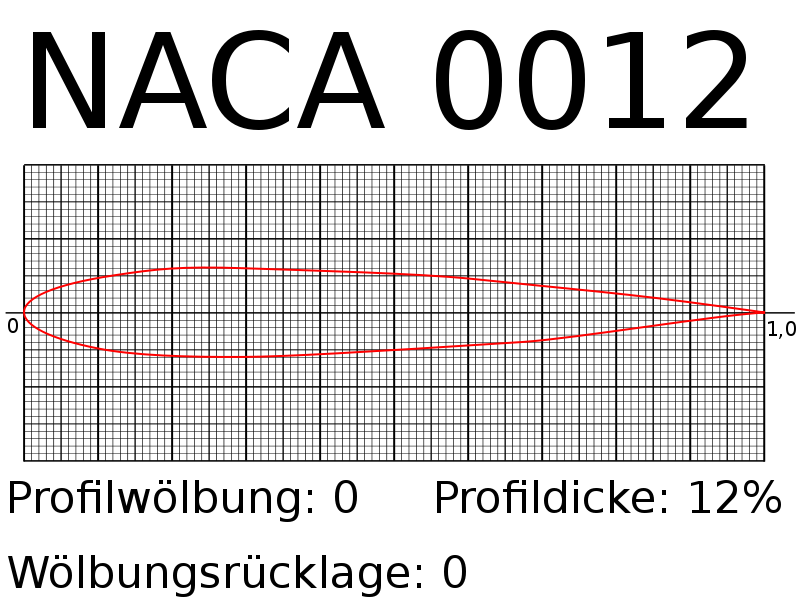Roundovers on leading and trailing edges of rudder.
I am thinking of putting small roundovers on the leading and trailing edges of the rudder to smooth out the water flow. It seem obvious to me that this would help on the trailing edge. Not so much on the leading edge when the rudder is centered because it is directly behind the keel. But it seems to me it would help smooth out the water flow when the rudder is turnws to either port or starboard, which is almost all the time.
I have the rudder assembled and roughed out except for the bottom plate. If I decide to do the roundovers I would want to do them before the bottom plate is installed so I can get them a little closer to the bottom plate. I won't go quite all the way to it so as to leave wood area for attachment and for the fillet.
Please let me know what you think about this idea.
I have the rudder assembled and roughed out except for the bottom plate. If I decide to do the roundovers I would want to do them before the bottom plate is installed so I can get them a little closer to the bottom plate. I won't go quite all the way to it so as to leave wood area for attachment and for the fillet.
Please let me know what you think about this idea.
